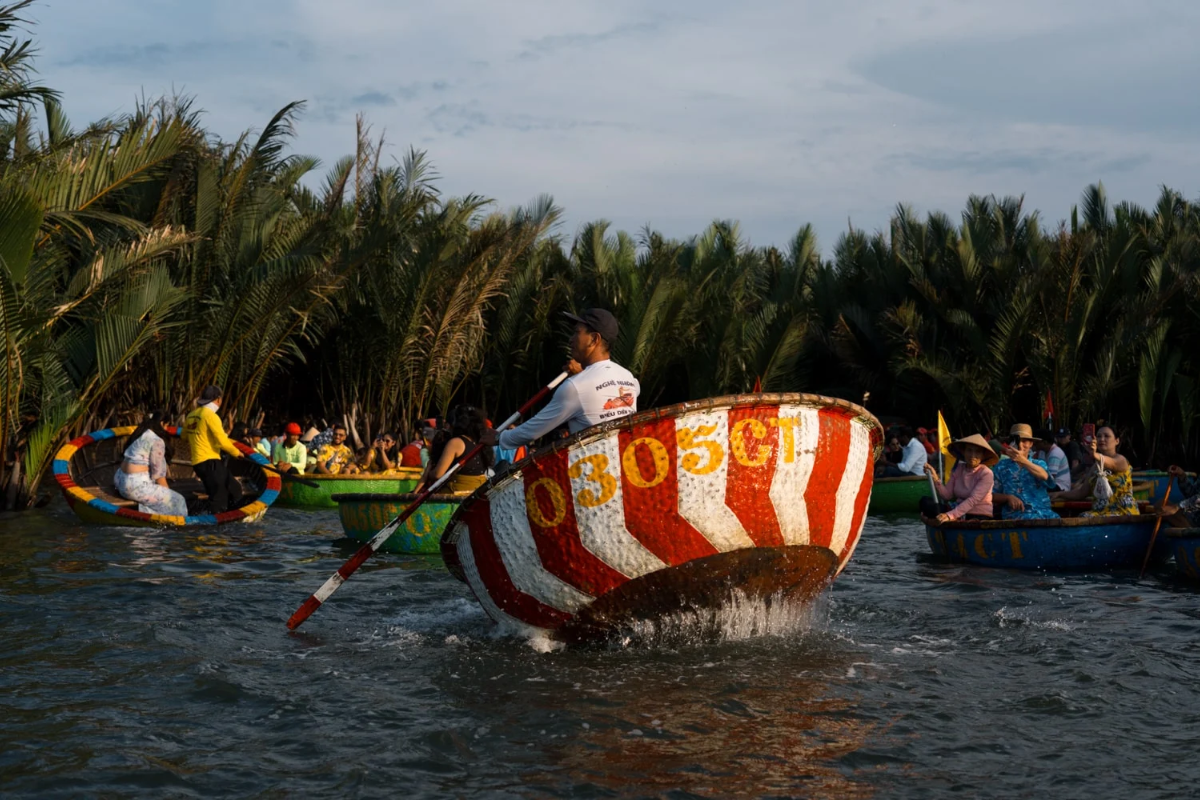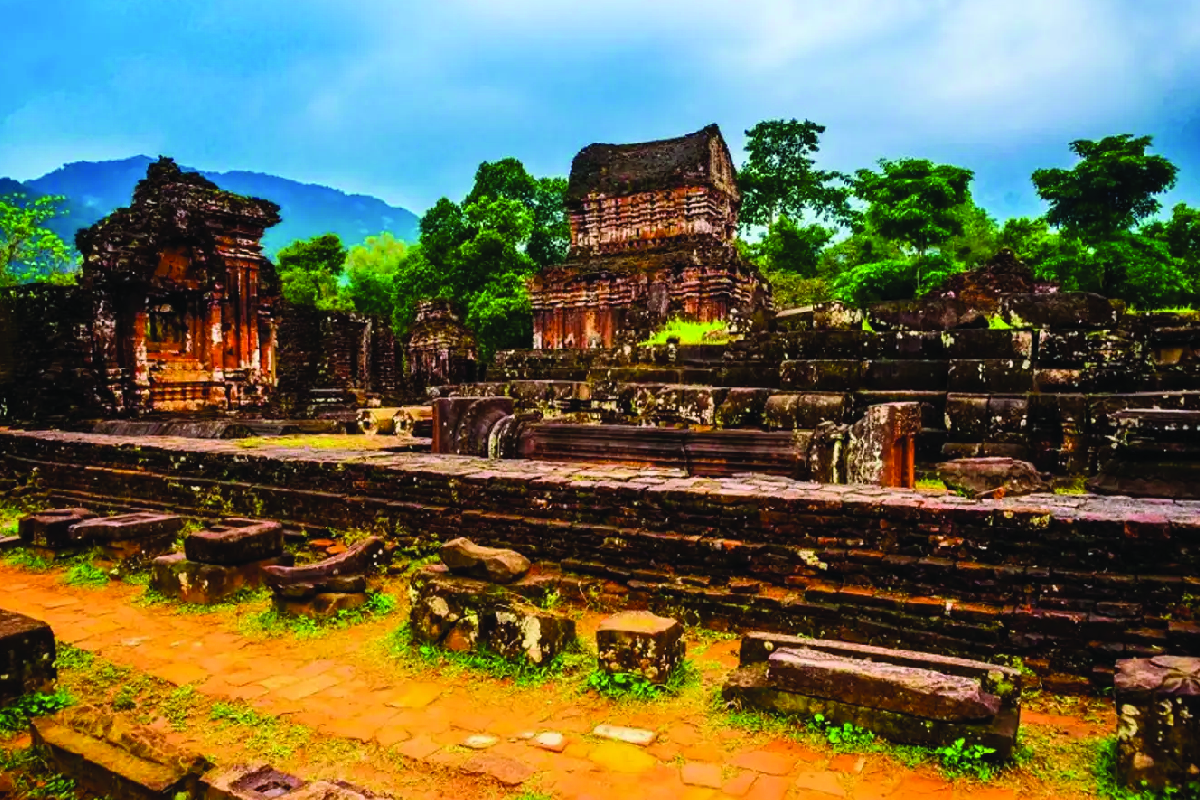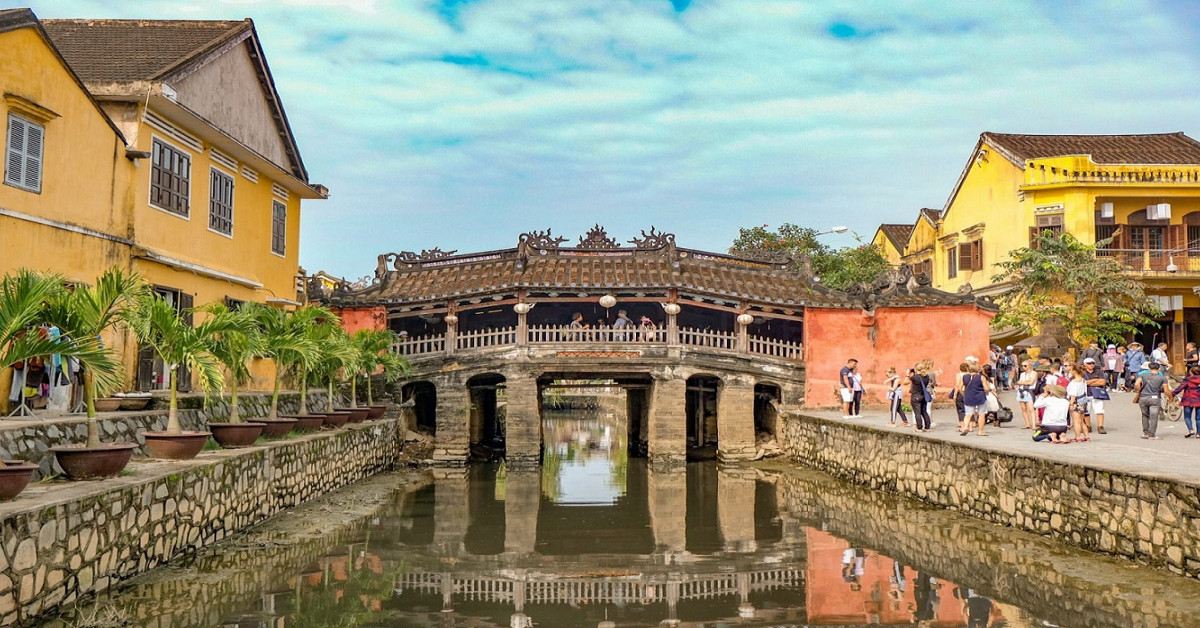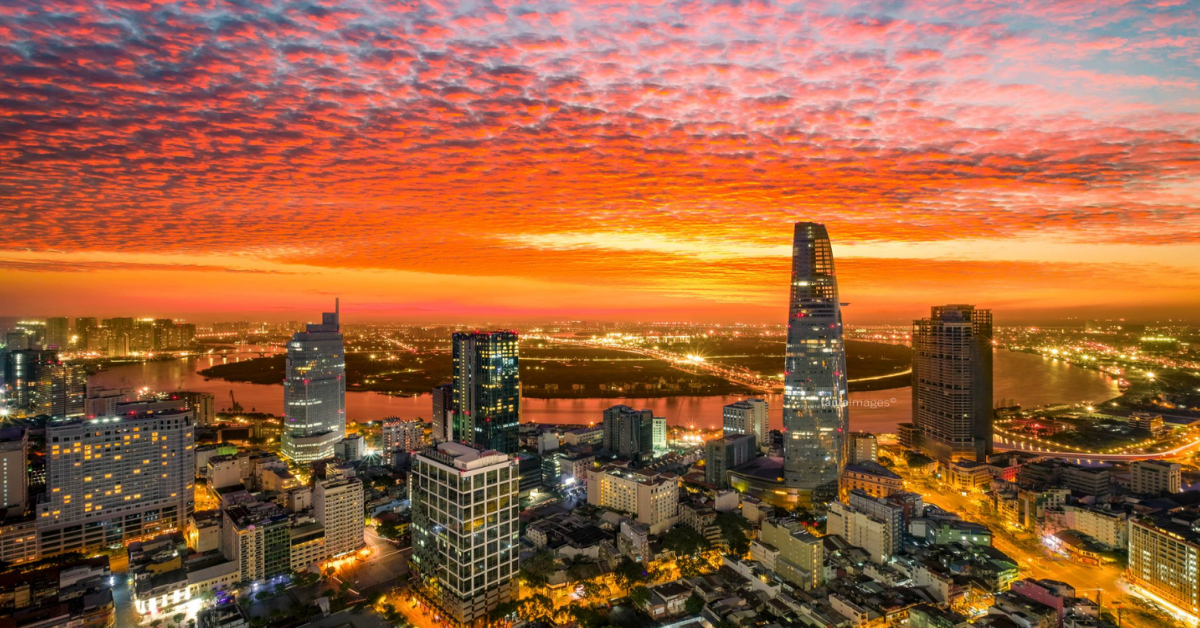Discover the Hidden Halal Treasures of Vietnam: A Culinary Journey Through Street Food Delights
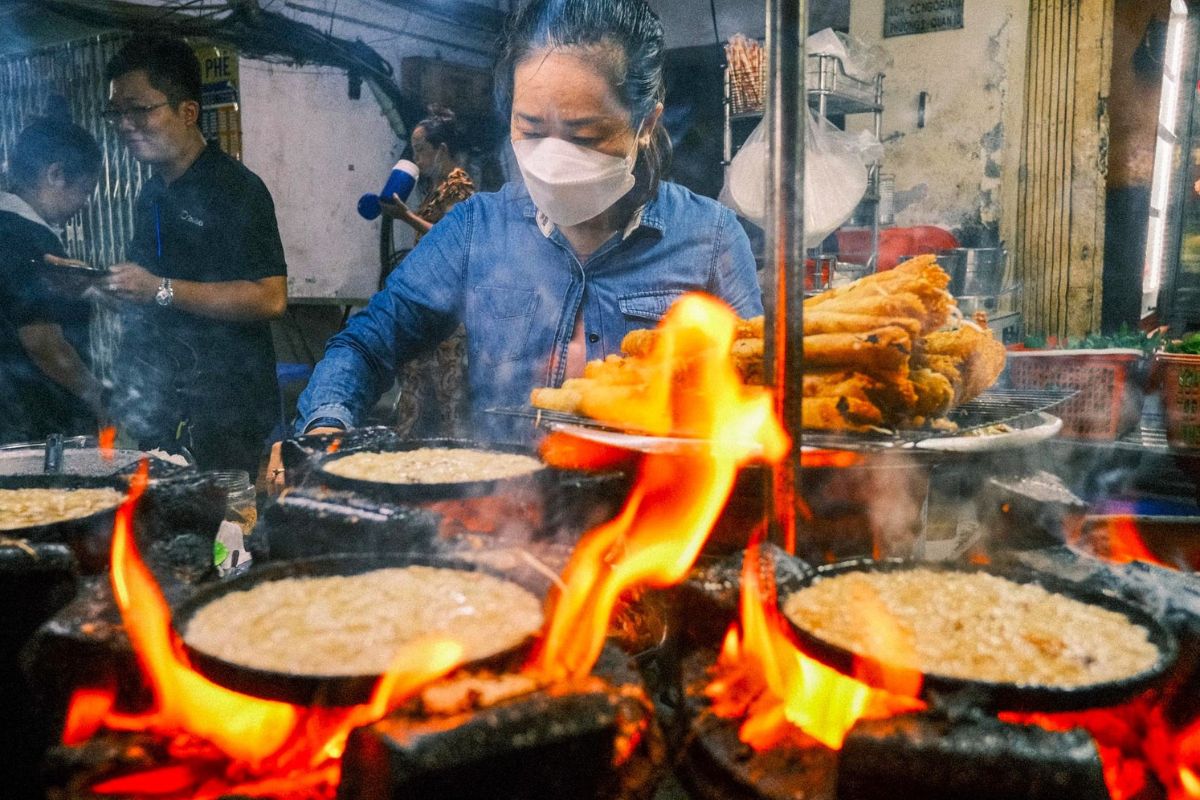
Imagine wandering the vibrant streets of Ho Chi Minh City, enveloped in the tantalizing aromas of street food. But wait—how do Muslims navigate this pork-rich culinary landscape? Despite the challenges, halal street food is thriving, showcasing resilience and creativity. Join me on this flavorful journey to discover how Vietnam’s Muslim community delights in halal cuisine while honoring their faith!
Understanding Halal in Vietnam
In Islamic law, "Halal" means permissible, guiding Muslims on what they can eat or use. In contrast, "Haram" refers to forbidden items like pork or alcohol. For food to be halal, strict guidelines must be followed, ensuring that animals are healthy, slaughtered humanely, and free from haram ingredients. Understanding these principles is essential for Muslims visiting Vietnam, as it shapes their dining choices and experiences.
Vietnam: The Land of Pork—and Resilience
Vietnam's culinary scene is legendary, with dishes like pho and banh mi being global favorites. Yet, pork dominates the cuisine, presenting a significant challenge for Muslims. Thankfully, the Cham ethnic group, primarily Muslim, has established halal havens throughout the country. These communities have adapted traditional recipes while infusing them with halal principles, creating a unique blend of flavors that resonate with both locals and tourists.
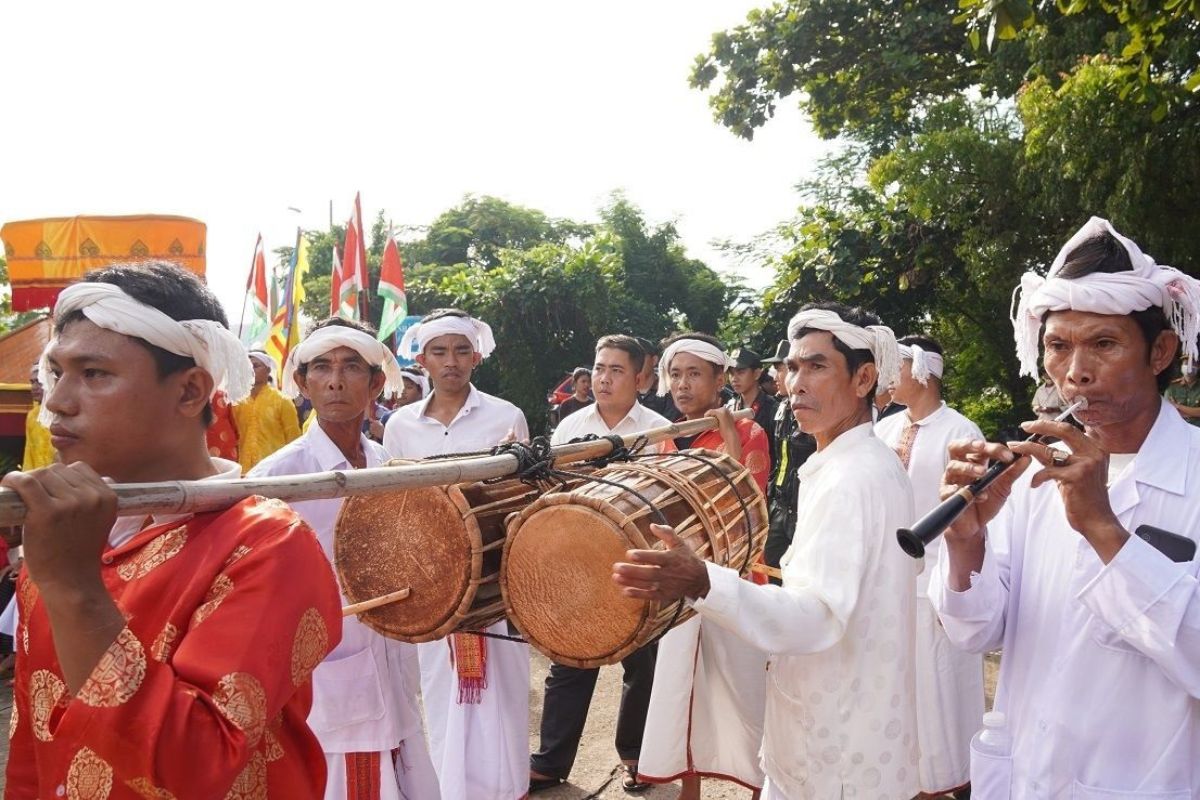
Halal Street Food: A Taste of Survival
Street food is the heart of Vietnam, and for Muslims, it represents more than sustenance; it's a way to honor their faith. Here are some standout halal street foods that you simply can’t miss:
- Halal Pho: A comforting bowl of rice noodles in fragrant beef broth, available in District 8. These halal pho stalls are run by dedicated Cham vendors who ensure every bowl is free from pork.
- Banh Mi, Muslim-Style: A crispy baguette filled with halal meats and fresh veggies. With a variety of fillings like grilled chicken or beef, these sandwiches are a quick and delicious option for any meal.
- Com Tam: Broken rice served with marinated halal beef or chicken, grilled to perfection. This dish is often accompanied by pickled vegetables and a fried egg, creating a hearty meal that satisfies.
- Bun Ca: Fish noodle soup that’s a halal-friendly delight. Made with fresh snakehead fish, this soup is light yet packed with flavor, making it a favorite among locals.
- Nem Cuon: Fresh spring rolls packed with veggies and halal shrimp or chicken. These rolls are healthy, refreshing, and perfect for a snack or light meal.
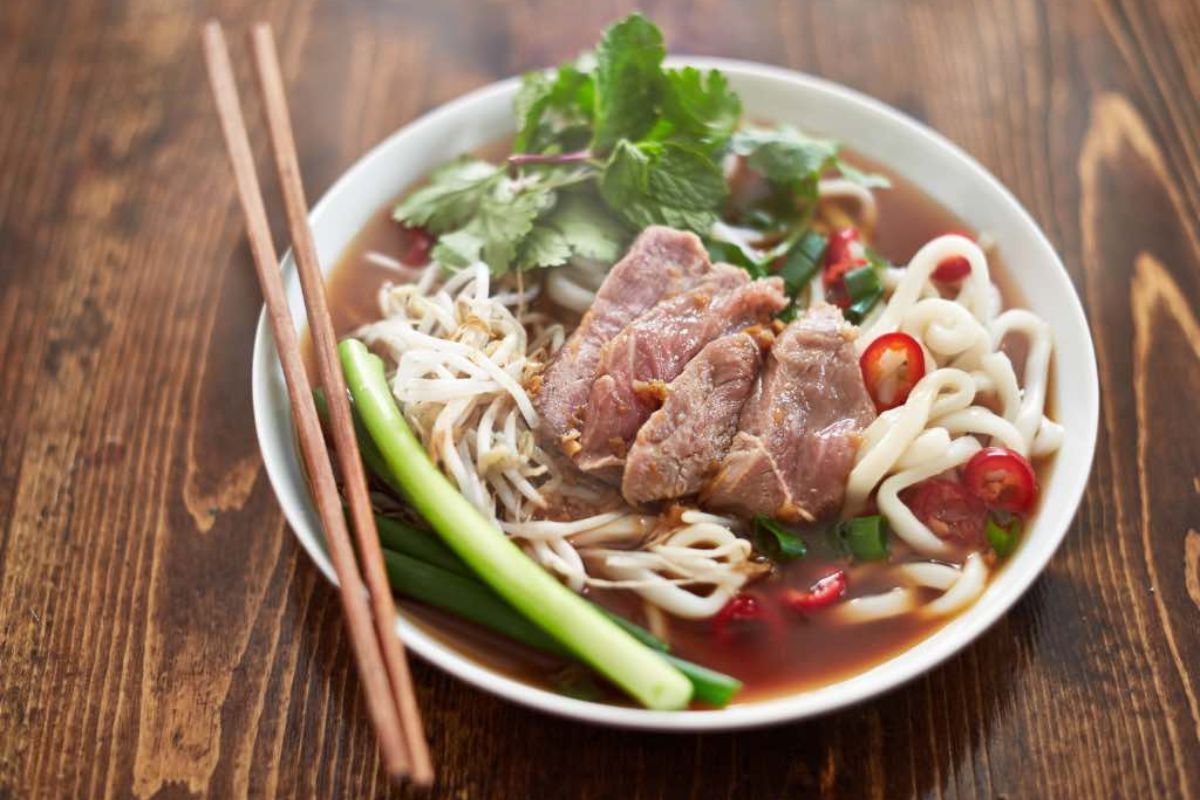
Where to Find Halal Street Food in Vietnam
In Ho Chi Minh City, District 1 and District 8 are halal hotspots. The area around the Saigon Central Mosque is particularly rich in options, with numerous stalls and restaurants catering to Muslim tastes. In Hanoi, the Old Quarter is blossoming with halal options, including popular spots like Zaynab Restaurant, where you can enjoy traditional dishes in a welcoming atmosphere. Da Nang, while smaller in halal offerings, is catching up, with Cham-run stalls near local mosques providing authentic halal experiences. Apps like HalalTrip can direct you to certified vendors, ensuring you find safe and delicious food wherever you go.
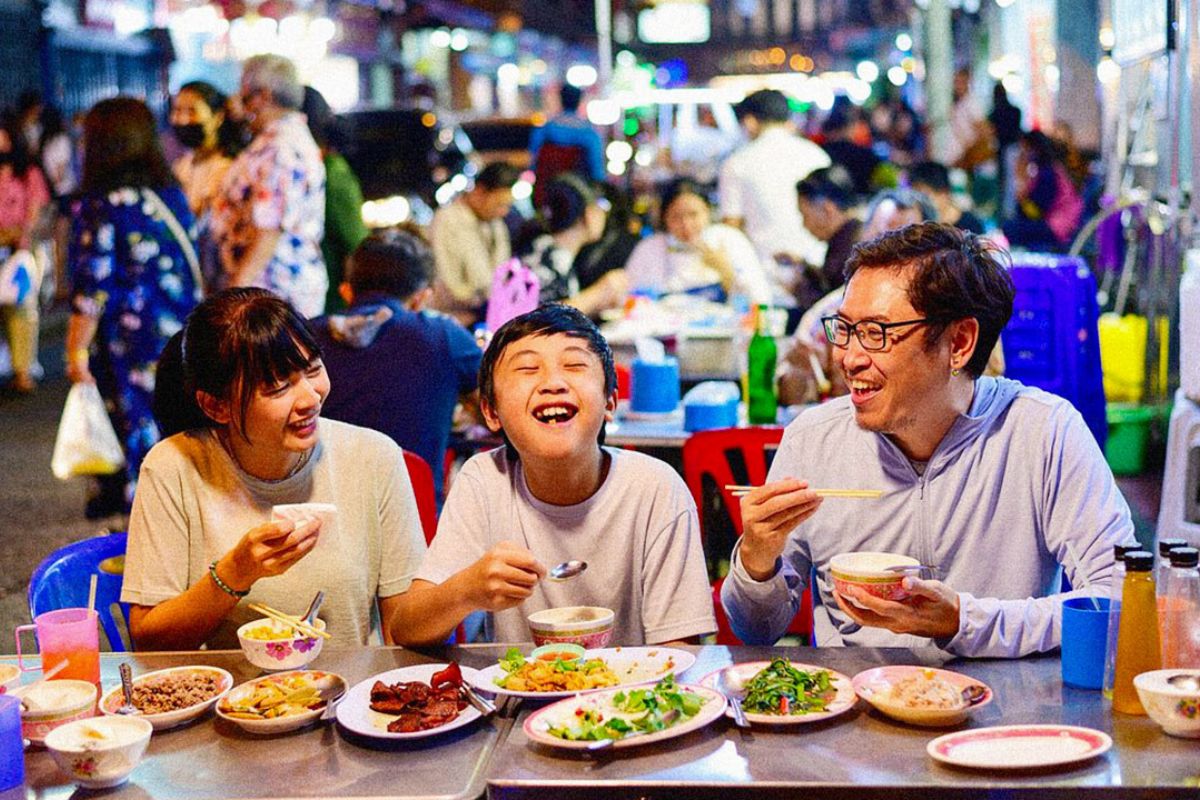
Community Power and Halal Certification
The Cham community thrives through tight-knit networks and mosques that serve as information hubs. These centers not only provide spiritual guidance but also share invaluable tips on where to find halal food. The rise in halal certification ensures that Muslims can trust the food they consume, with many street vendors proudly displaying halal certification from recognized authorities. This certification is crucial, especially for tourists who may be unfamiliar with local practices.
Challenges Muslims Face
Despite the thriving halal scene, challenges remain, such as cross-contamination and limited options in rural areas. Pork is prevalent, and many vendors may use the same cooking equipment for both halal and non-halal items. However, each obstacle inspires innovative solutions, with many vendors adapting their practices to cater to the growing demand for halal food.
Why Halal Street Food Matters
For Muslims, eating halal is about faith and connection. It fosters a sense of community and belonging, allowing individuals to enjoy their meals without compromising their beliefs. The halal food scene also benefits Vietnam’s economy, attracting millions in halal tourism. In 2023 alone, halal tourism generated approximately $2.5 billion, highlighting the importance of this niche market.
The Future of Halal Viet Street Food
As Muslim tourism grows, expect more halal vendors and innovations in halal dining. Restaurants and street food vendors are increasingly recognizing the potential of catering to this demographic, leading to a broader range of halal options across the country. Vietnam is proving that halal can thrive anywhere, even in the land of pork. Initiatives to promote halal food and educate vendors on best practices are essential for continued growth.
Tips for Muslims Visiting Vietnam
- Stick to Muslim areas: These neighborhoods typically have the best halal options.
- Ask Questions: Learn basic Vietnamese phrases related to halal, or carry a translation app to help communicate your needs.
- Pack Snacks: Bring along some halal-certified snacks for convenience during your travels.
- Engage with Local Vendors: Building rapport with local Muslim vendors can lead to insider tips on the best halal options.
Muslims in Vietnam are not just surviving—they are thriving. Halal street food is a celebration of life, faith, and culture. So when you visit Vietnam, seek out these hidden gems and experience the delicious flavors that honor both your palate and your beliefs. Whether you’re slurping a steaming bowl of pho or savoring a fresh banh mi, each bite is a testament to the resilience and creativity of Vietnam’s Muslim community.


